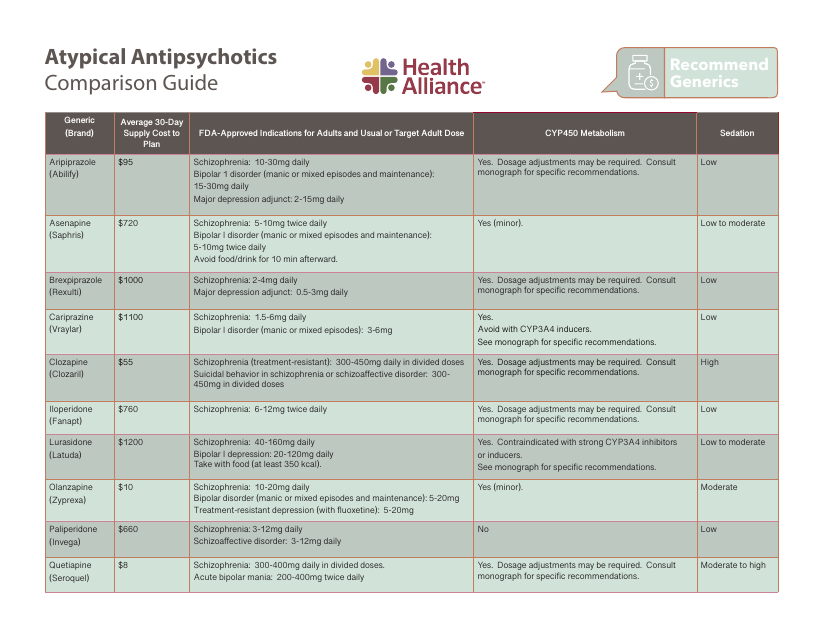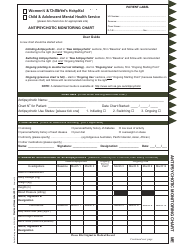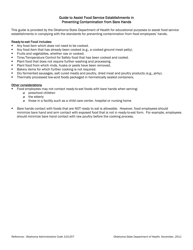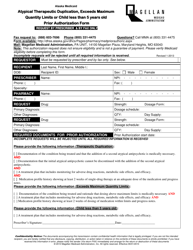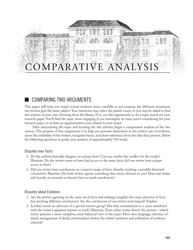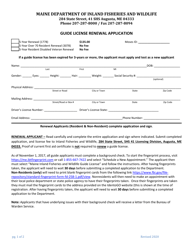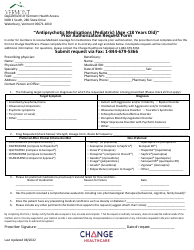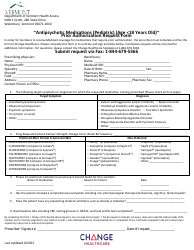Atypical Antipsychotics Comparison Guide - Lexicomp
The Atypical Antipsychotics Comparison Guide - Lexicomp is used to compare different types of antipsychotic medications that are considered "atypical" or newer. It helps healthcare providers make informed decisions when prescribing these medications for patients with psychiatric conditions.
The Atypical Antipsychotics Comparison Guide from Lexicomp is usually filed by healthcare professionals, such as pharmacists or doctors.
FAQ
Q: What are atypical antipsychotics?
A: Atypical antipsychotics are a class of medications used to treat mental disorders such as schizophrenia and bipolar disorder.
Q: What are some commonly prescribed atypical antipsychotics?
A: Commonly prescribed atypical antipsychotics include aripiprazole, olanzapine, quetiapine, and risperidone.
Q: How do atypical antipsychotics work?
A: Atypical antipsychotics work by affecting certain chemicals in the brain, helping to regulate mood and reduce symptoms of psychosis.
Q: What are the potential side effects of atypical antipsychotics?
A: Common side effects may include drowsiness, weight gain, dizziness, and increased risk of diabetes and high cholesterol.
Q: Are atypical antipsychotics safe to use during pregnancy?
A: While there may be some risks associated with using atypical antipsychotics during pregnancy, the benefits may outweigh the risks in certain situations. It is important to discuss with your healthcare provider.
Q: Can atypical antipsychotics be used in children?
A: Some atypical antipsychotics are approved for use in children with certain conditions, but the decision should be made in consultation with a healthcare provider.
Q: How should atypical antipsychotics be taken?
A: Atypical antipsychotics are usually taken orally, with or without food, as directed by a healthcare provider.
Q: Can atypical antipsychotics be stopped suddenly?
A: It is generally recommended to gradually reduce the dosage of atypical antipsychotics under the guidance of a healthcare provider to minimize the risk of withdrawal symptoms.
Q: What should I do if I miss a dose of atypical antipsychotics?
A: If you miss a dose, take it as soon as you remember. However, if it is close to the time for your next dose, skip the missed dose and resume your regular dosing schedule.
Q: Are there any drug interactions with atypical antipsychotics?
A: Yes, atypical antipsychotics may interact with other medications and substances. It is important to inform your healthcare provider about all the medications you are taking.
